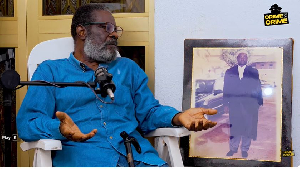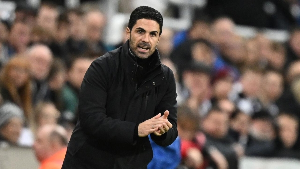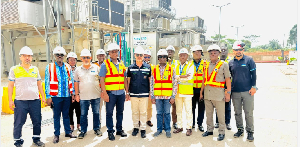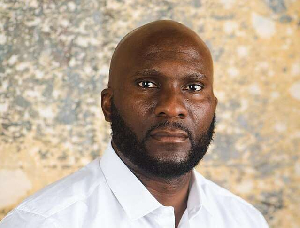Infrastructure development is crucial for Ghana’s economic growth and citizens’ well-being. However, the current administration’s lack of transparency in project costs and funding sources raises concerns about accountability and public trust.
Undisclosed Project Costs:
Ghana has seen significant infrastructure development in recent years, including:
Accra-Tema motorway expansion (GHS 2.5 billion)
Kumasi Airport renovation (GHS 1.2 billion)
Tamale-Fufulso road construction (GHS 1.5 billion)
Renovation of Adabraka King Tawiah Cluster of Schools (GHS 500 million)
These projects’ costs remain undisclosed, sparking concerns about the government’s stewardship of public resources.
The Importance of Transparency:
Transparency in infrastructure development is vital for:
Accountability
Efficient use of funds
Trust in government
Government’s Lack of Transparency:
Vice President Bawumia’s credibility is at an all-time low due to his history of peddling falsehoods and giving false hope to Ghanaians. His silence on project costs raises questions about his commitment to transparency and accountability.
Respected Leaders’ Silence:
Respected leaders, including trusted chiefs in Ghana with their names withheld and other respected men of God, as well as the Council of States, have remained eerily silent on the matter. Their silence raises questions about their commitment to the welfare of the Ghanaian people.
Way forward:
To promote transparency and accountability in infrastructure development, the
government should:
Establish a public database of infrastructure projects
Regularly disclose project costs and progress updates
Implement an independent monitoring and evaluation mechanism
Encourage citizen participation and feedback in infrastructure development planning
International Community’s Role:
Ghana’s donor partners, creditors, and those we seek for international funding support are aware of the lack of transparency and accountability. One wonders if they are complicit in this system of robbery, turning a blind eye to the lack of transparency and accountability in exchange for their own interests.
Conclusion:
Transparency in infrastructure development is vital for ensuring accountability and public trust. Any leader who is accountable to their citizens and transparent in every penny spent, whether through borrowed money or taxes, earns the trust and confidence of their people. Such leaders deserve the renewal of their mandates, as citizens are eager to entrust them with their future.
Call to Action:
Let us rise up and demand better from our leaders. Let us opt for a different leader, one who will put the needs of Ghanaians first and ensure that our taxes are used for our benefit, not for personal gain. The power is in our hands, and it is time for us to exercise it.
I, Hon. Simon Yaw Awadzi, a respected Assembly member, have declared my support for change, probity, and accountability in government. I have pledged to vote for leaders who prioritize transparency and accountability in infrastructure development, ensuring that Ghana’s resources are used for the benefit of all citizens.
Let us join forces in demanding transparency and accountability in Ghana’s
infrastructure development. Let people join me in demanding transparency and
accountability in Ghana’s infrastructure development. Together, we can build a better future for ourselves and generations to come.
Join me in this fight for a better Ghana. Together, we can make a difference!
Opinions of Thursday, 27 June 2024
Columnist: Awadzi Yaw Simon















